Search by alphabetical topics All ABCDEFGHIJKLMNOPQRSTUVWXYZ
-
Derogation from Grant
Derogation from Grant
- If the landlord has interred with the property in such a way as to make the property unfit for its intended purpose for which it was let, then he is said to have derogated from grant.
-
 Discretionary Housing Benefit
Discretionary Housing BenefitThis is available to tenants already in receipt of Housing Benefit but who are in need of additional financial help with housing costs.
A written request should be made in person at the Local Authority offices. There is no right of appeal against a refusal of an award of Discretionary Housing Benefit.
-
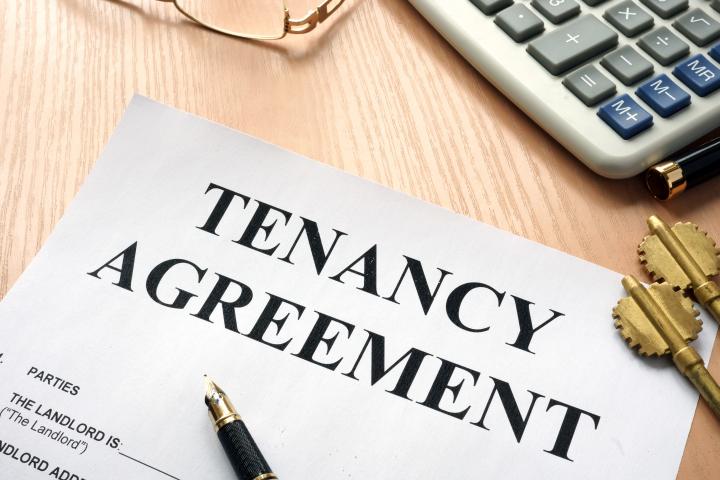 Dismissal
DismissalThe claim can be dismissed for the following reasons:
The correct procedure for bring the case to court has not been followed by the landlord
It has not been proved by the landlord that any grounds for possession have been breached
-
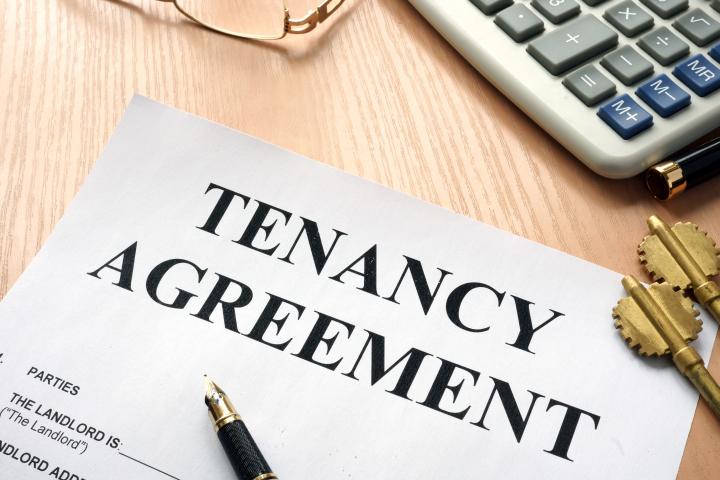 Disrepair
DisrepairResponsibility for Disrepair
Any disrepair in the tenant’s property is the responsibility of the landlord to put right.
There is a difference between Disrepair and Improvement and the following details the important differences.
Disrepair
Legally disrepair is defined as damage to a property that needs to be put right. Any repair must correct the disrepair and make good, and damage caused by the disrepair. The tenancy agreement may contain a clause stating that any repairs will be made within a reasonable time following notification of the disrepair.
Examples of Disrepair:
- Malfunctioning or no utilities – water, gas, electricity.
- Leaking/broken plumbing – damaged sinks/toilets etc.
- Leaks in roofs/guttering/missing tiles or slates
- Damp or mould caused by defects in the structure of the property.
- Items not classed as disrepair:
- Broken white goods – The tenancy agreement should specify who is responsible.
- Broken windows – unless caused by criminal damage broken kitchen units.
- Damp caused by condensation.
- Damaged beds or bedframes - The tenancy agreement should specify who is responsible.
Improvement
Any work which improves the appearance, quality and value of a property is defined as an improvement. The landlord is not required to improve the property unless an Improvement Notice has been served.
-
 Disrepairs
DisrepairsDisrepair- Who is responsible
The general rule on disrepair is that it usually falls under the responsibilities of the landlord and is listed on the tenancy agreement. The confusion between disrepair and wear and tear (improvement) can cause a lot of misunderstanding between landlords/letting agents and tenants.
Section 11 of the Landlord and Tenant Act 1985 states that the landlord has the statutory duty to keep in good repair the structure and exterior of the dwelling as well as the gas, heating installation, water and electrical services.
Under Section 11 (1) of the Landlord and Tenant Act 1985 the leaser shall keep in good repair the following areas of the property:
The structure and exterior of the dwelling property and this includes interior and exterior pipes, gutters and drains of the property being leased.
All installations in the dwelling property for the use and supply of gas, electricity and water.
All sanitary equipment such as sinks, baths and other additional sanitary features such as fixtures used to facilitate the consumption of water, electricity and gas which were available in the dwelling property at the beginning of the lease.
The installation of space heating in the dwelling property that has been leased.
When evaluating and analysing the standard of repair, the leaser (landlord/letting agents) should consider the character, age and prospective life of the dwelling property as well as its location.
Disrepair
The legal meaning of disrepair: There is damage in the property that needs to be put right.
The repair undertaken to the damaged area or object should put in proper working order.
Examples of disrepair:
Damp/mould caused by exterior and interior structural defects.
Broken extractor fans.
Leaking/broken gutters.
Non-functioning hot water/gas and heating.
Leaks through ceiling/roof.
Leaking toilets/basins.
-
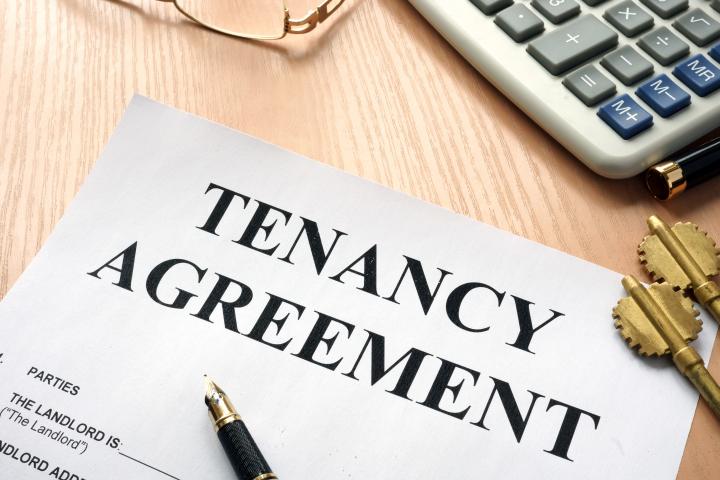 Duty to carry out repairs
Duty to carry out repairsThe landlord is only required to carry out repairs once he has been notified of any disrepair by the tenant. These repairs should be completed within a reasonable period of time. If the repairs are not carried out then the tenant is entitled to take legal action to force completion and also claim compensation for any suffering or inconvenience caused by the lack of repair.
-
 Eligibility For Housing Benefit.
Eligibility For Housing Benefit.The Criteria for eligibility is as follows:
The tenant is liable for payments in respect of a property occupied as a home.
The tenant is already in receipt of a benefit (Income Support, income based JSA/ESA and Pension Credit) that entitles them to Housing Benefit.
The person is classified as British.
The person has passed the Right to Reside and habitual residence test.
The person is not excluded.
How the rent is paid must allow eligibility for Housing Benefit. If the tenant is renting from family members then this could be in breach of benefit payment rules.
The local authority will make a decision on eligibility within 14 days of receipt of any application for benefit. Any delay maybe due to the authority seeking further information from the tenant in respect of the claim.
Any award of Housing Benefit will only pay for the eligible rent for the property
-
 Eligible Rent
Eligible RentEligible rent is defined as only the amount that the tenant pays to occupy their property. It does not include the costs associated with heating, food, lighting and service costs.
The eligible rent is the amount that appears in the calculation of Housing Benefits and is called the Maximum Housing Benefit. This is worked out in differing ways depending on the type of tenancy.
-
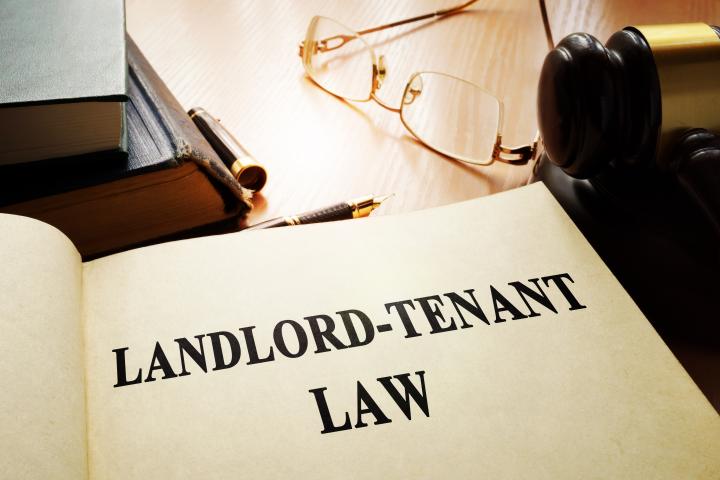 End of Tenancy Notices
End of Tenancy Noticesvalid notice to recover the property served on the tenant is a legal requirement as the first step in legal proceedings.
- A notice can take the following forms:
- A Section 8 Notice of Seeking Possession.
- This can be served if the tenant has breached part of the tenancy agreement.
- A Section 21 Notice Requiring Possession.
- This is served if the landlord just wants the property back.
- A Notice to Quit.
- This is served on someone who only has basic occupancy rights or if there is a resident landlord.
-
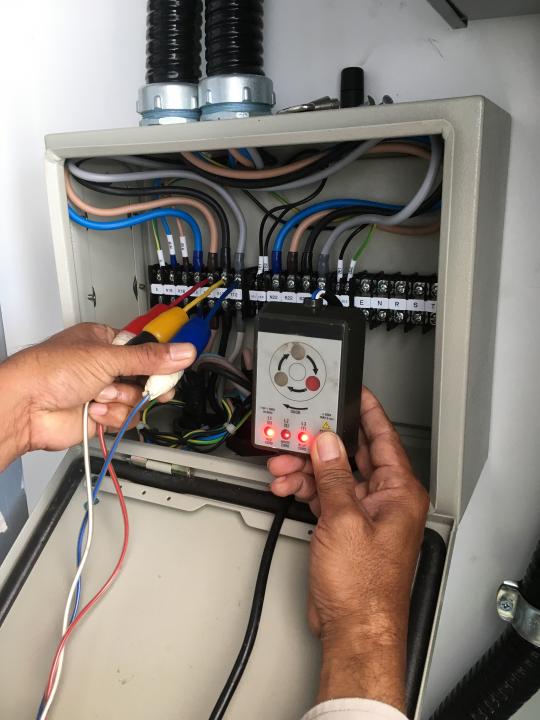 Energy Performance Certificate (EPC)
Energy Performance Certificate (EPC)- An Energy Performance Certificate (EPC) is valid for 10 years and its’ purpose is to inform the tenant and landlord/letting agent of the properties energy efficiency rating and how to reduce the energy costs of that property.
- The UK government ‘s legislation introduced in early January 2013 specifies that landlords/letting agents are required to produce an up-to-date copy of the properties EPC for potential tenants to view.
- At the beginning of a tenancy the landlord/letting agent has the duty to provide free of charge an up-to-date EPC to the tenant. This applies even if the tenant is only interested in viewing the property and has not yet made his/her mind up as to renting the property. The EPC will be a good indicator for the tenant to assess the energy costs of the property.
What should be expected to be seen on an EPC? It should contain the following:
- The letting documents should clearly contain and show the EPC rating of the property which is being let. When a property is being advertised, the EPC rating should be displayed on all advertising documents. If the property is being advertised on the internet, it should clearly show the EPC rating:
- The name of the engineer who carried out the inspection.
- Suggestions and advice on how to use and save on energy costs.
- Suggestions and advice on energy use and carbon dioxide emissions.
- Colour coded information on home energy use and average energy costs.
- Details of whom to make a complaint.
Search by alphabetical topics
All
ABCDEFGHIJKLMNOPQRSTUVWXYZ



